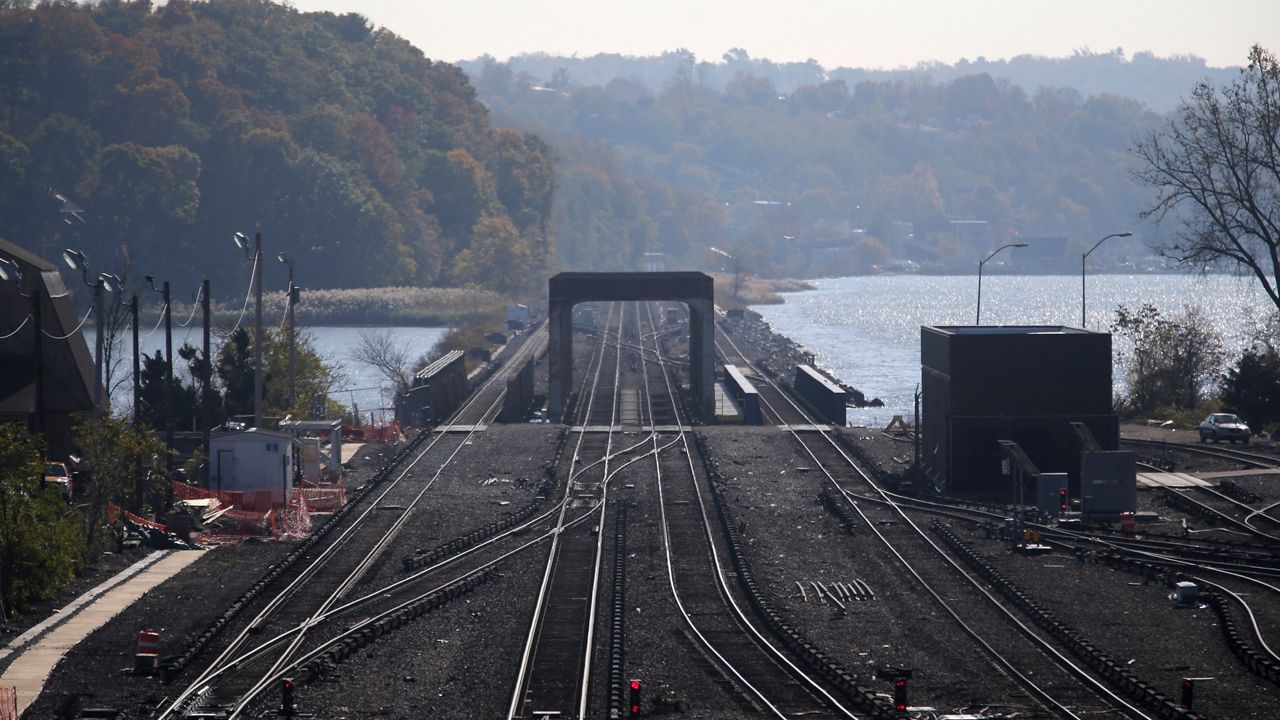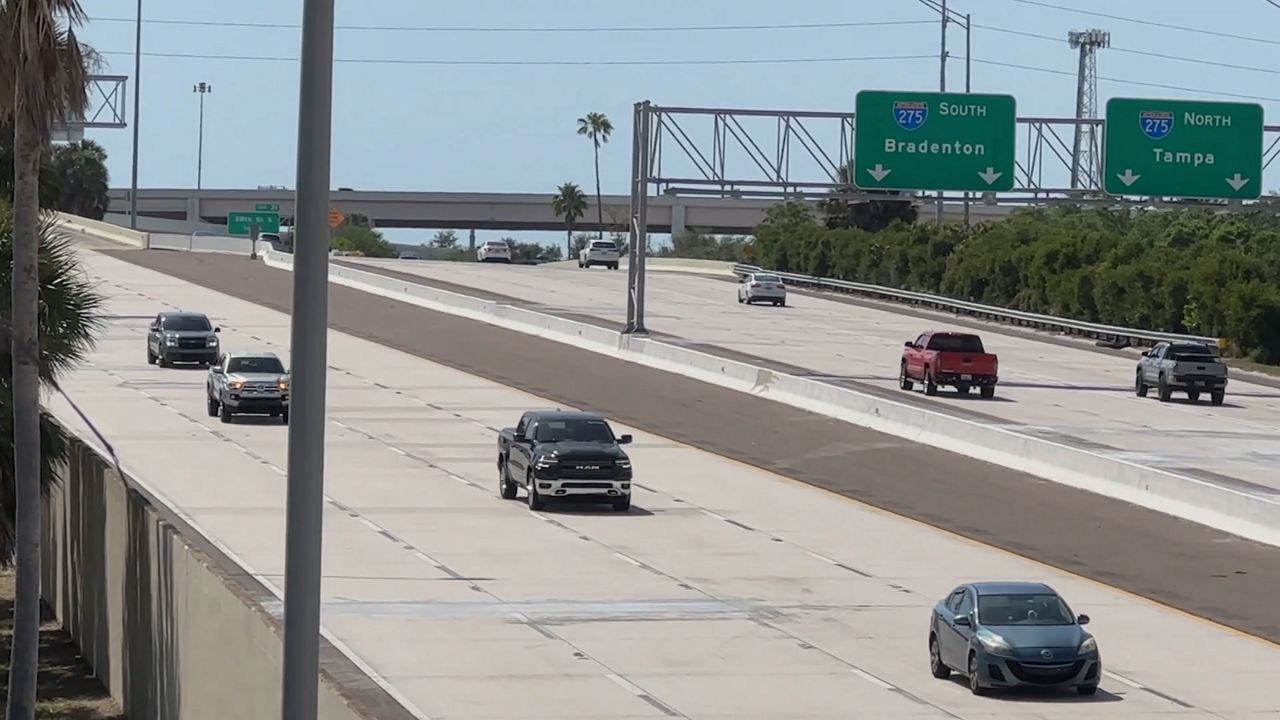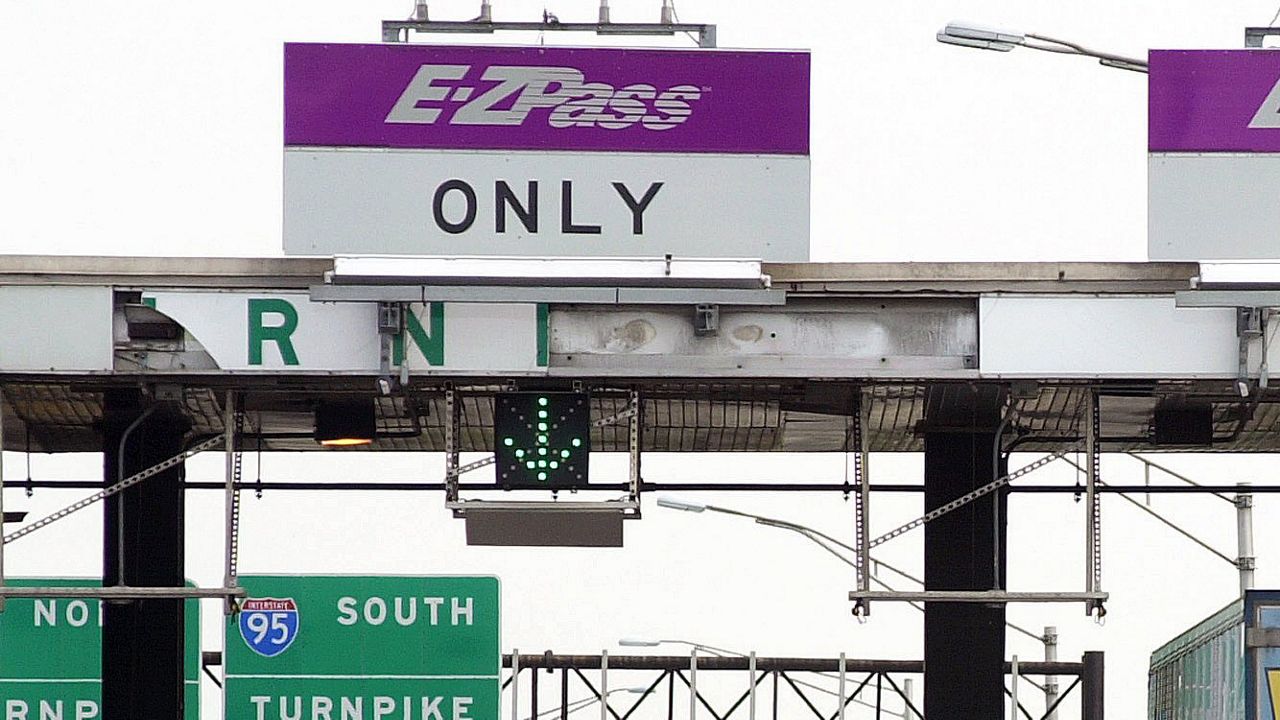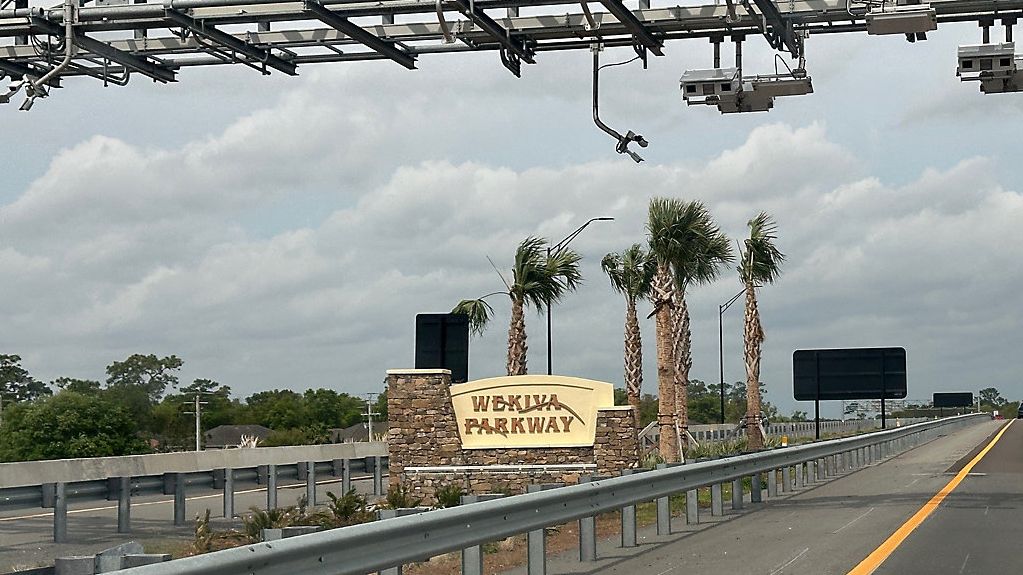MELBOURNE, Fla. — A busy Melbourne side street is shutting down for a year for a high-speed rail bridge construction project, but there's concern for local businesses who rely on the road to bring customers their way.
What You Need To Know
- Construction on the Brightline high-speed rail system will shut down Melbourne road
- Melbourne Avenue will close July 6 for about a year
- The closure will force traffic to businesses on the road to be rerouted
- Signs will inform people the businesses are open and how to get there
"We have our own little summer, niche destination down here," Rigg's Outpost General Manager Anthony Marks says.
Need bait and tackle, or a ride on Crane Creek? Look no further than his shop on Melbourne Avenue. Their location is ideal for a day on the water.
"We provide the ice, the beer, the drinks, the snacks, the food," Marks says.
But the business’ area is about to change drastically for the next year. Brightline continues work on its high-speed rail line, which runs from Orlando to South Florida. Melbourne is along the way, and it means building a new Crane Creek bridge for the trains. Melbourne Avenue will be closed until June 2022, starting July 6.
"I think the traffic being cut off is like a double-edged sword," Mark says.
Melbourne Avenue will be shut down right at his shop. The 6,000-plus cars that come by daily will be rerouted.
"We are concerned about the impact it could have on these businesses," Kim Agee of Melbourne Main Street says. "We want to make sure the community knows they are open for business over the next year when the road is closed."
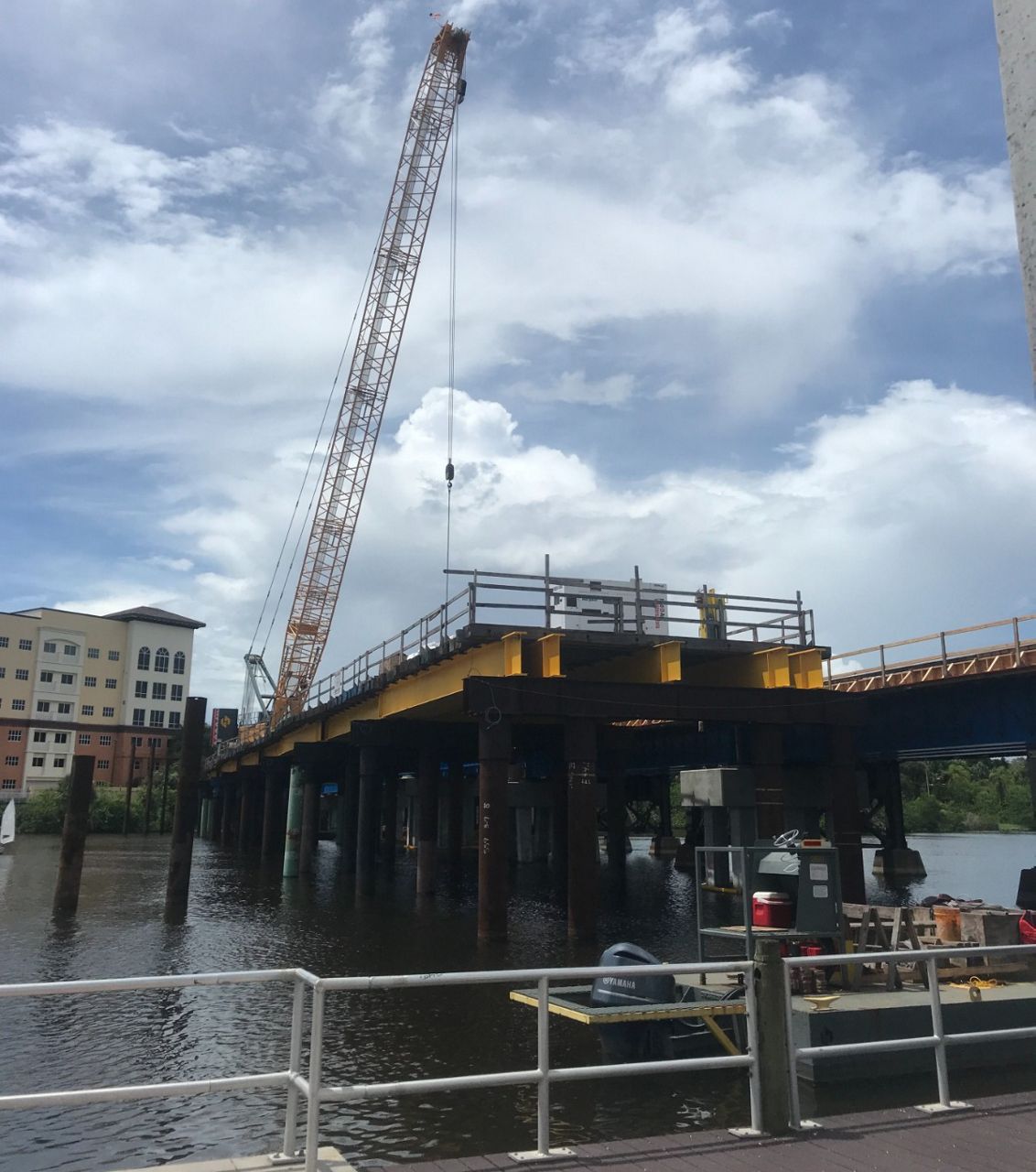
Melbourne Main Street is working to ensure people know how to get there, and get out. Signs are posted about the closure and detours drivers can take.
But it will be a team effort to support the businesses next to the construction, Agee says.
"Brightline was really great when we met with them, and I think everybody wants to make sure they are successful," she says.
Marks says he hears the train coming and will do his best to say on track for the next year.
"If it's 50% (of the business), then we're in trouble, but we are prepared to manage this in the best way possible," he says.






